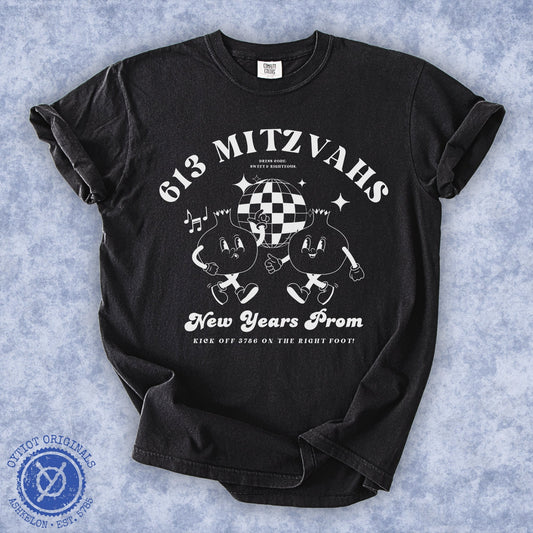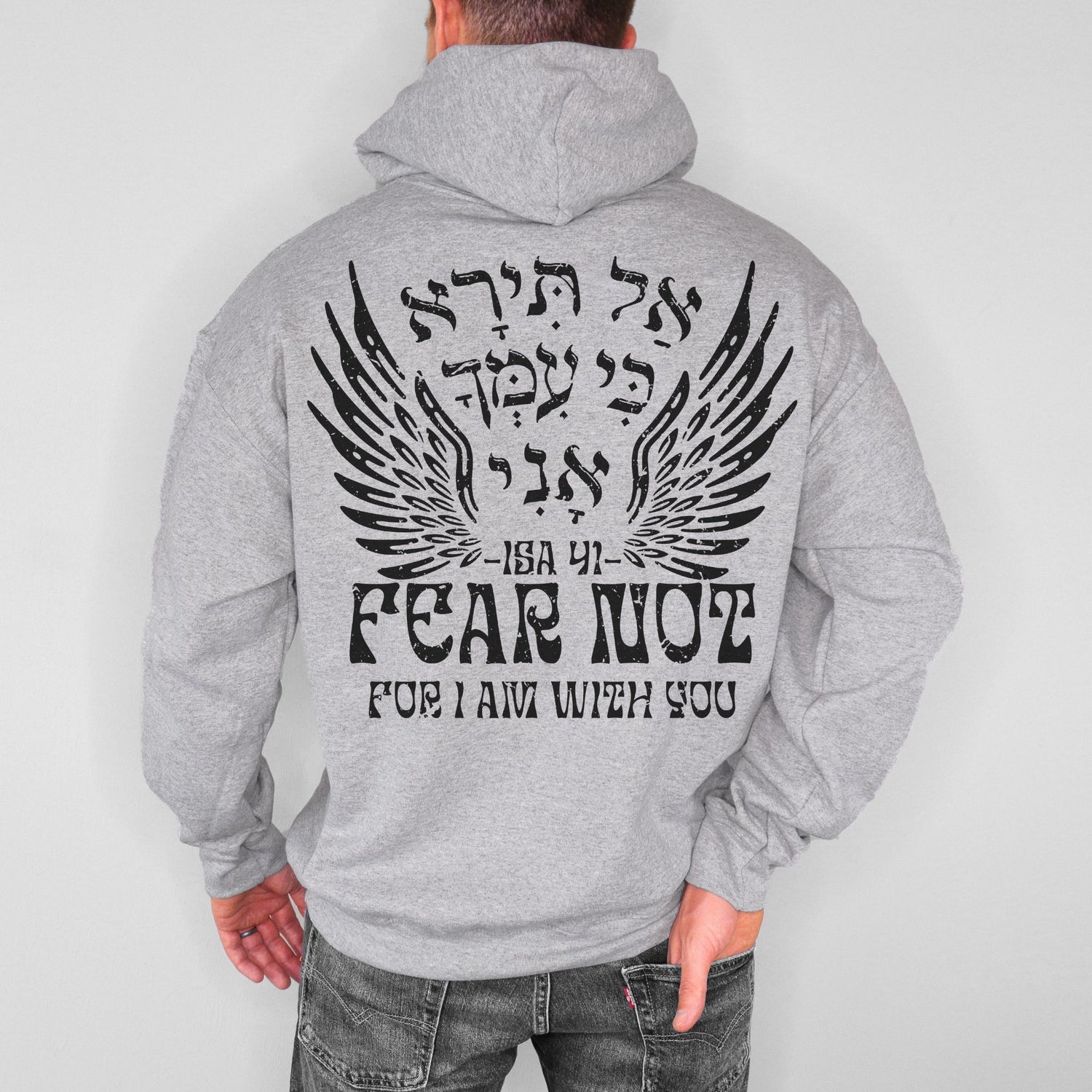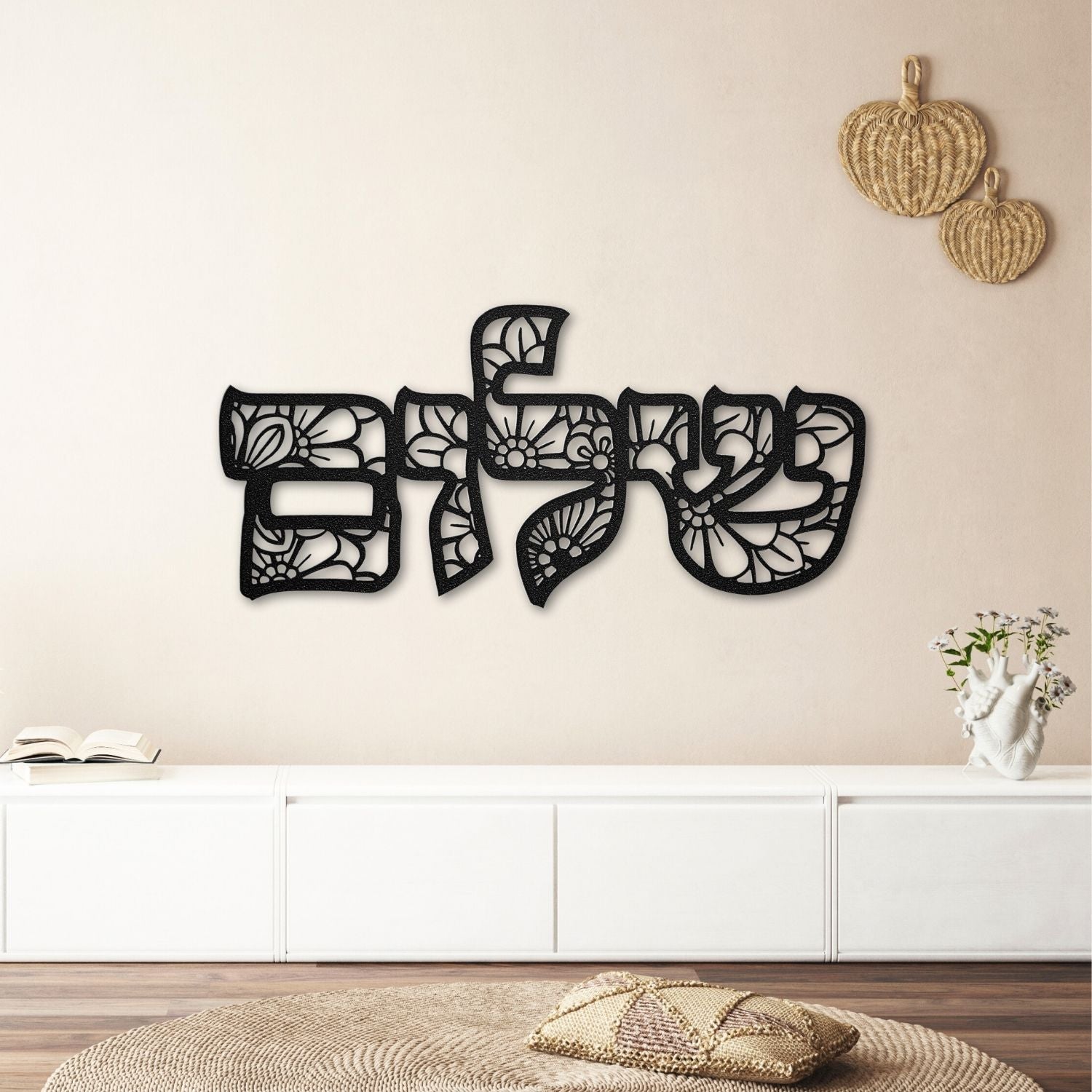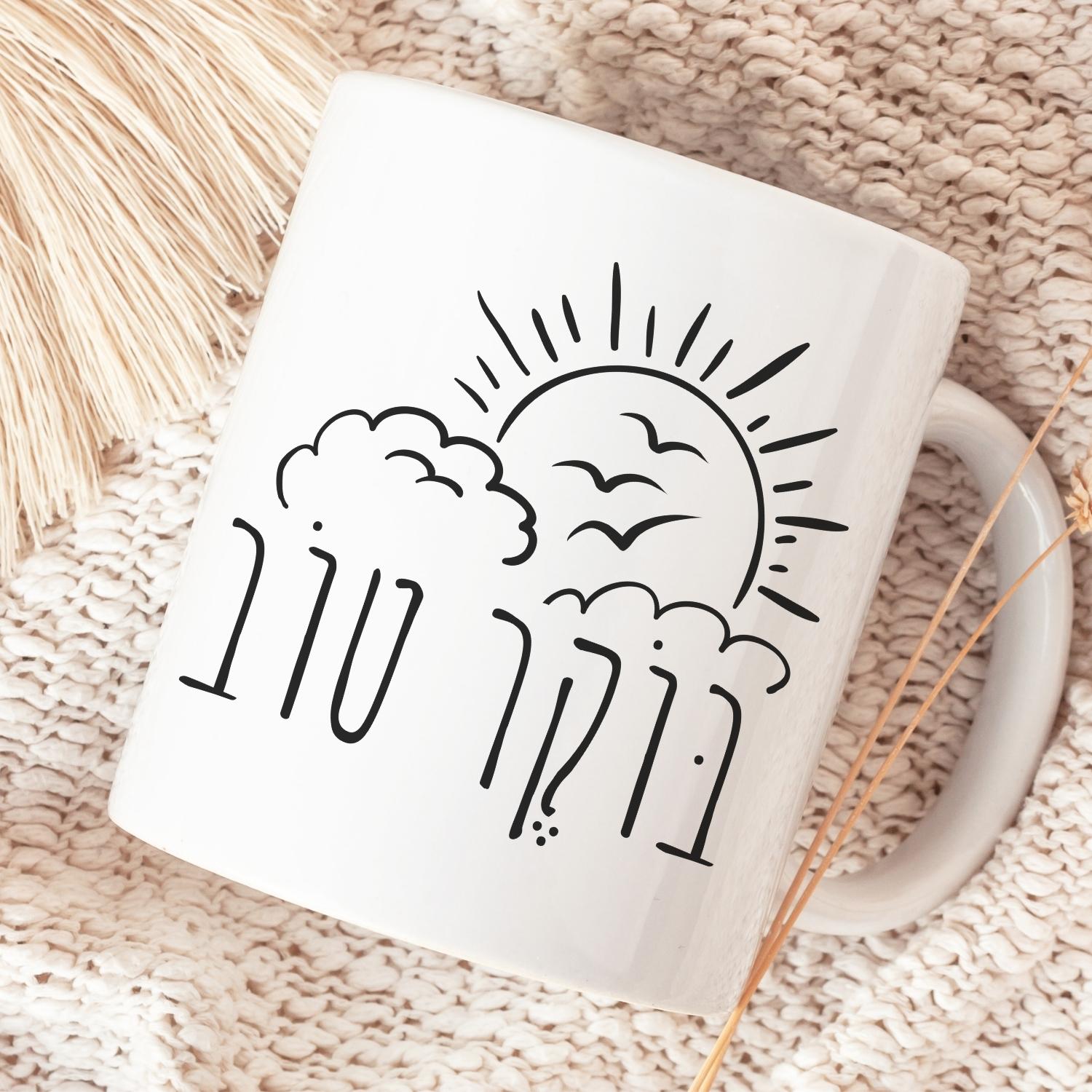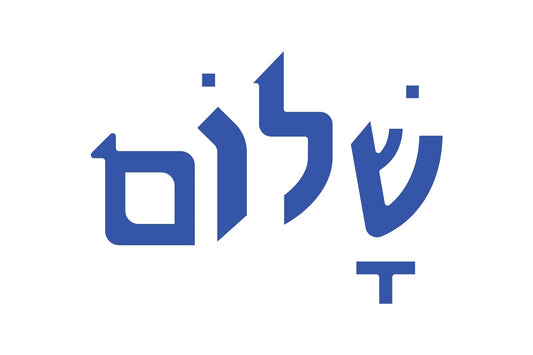Elul: when the heart leans home
Elul is the twelfth month of the Hebrew calendar, the quiet runway before the High Holy Days. The air feels different. Not louder - truer. This is the month Jews call a time of mercy and return, when we soften, take stock, and get ready to begin again. Many trace Elul’s spiritual power to the forty days Moses spent on Sinai seeking forgiveness and receiving the second tablets—from Rosh Chodesh Elul until Yom Kippur. Ever since, Elul has been a season made for repair.
The sound that wakes you up
Most communities blow the shofar on weekday mornings throughout Elul (skipping Shabbat and the day before Rosh Hashanah). It’s not a concert—it’s a wake-up. A nudge to the soul: time to check our direction, make amends, and choose better.
“I am my beloved’s…”—why Elul feels like relationship work
A beloved teaching says the letters א־ל־ו־ל (Elul) form an acronym of “Ani l’dodi v’dodi li”—“I am my beloved’s and my beloved is mine” (Song of Songs). Elul, then, is about relationship: with the Divine, with each other, and with the person we’re becoming. Love shows up not as fireworks, but as small, steady choices.
Prayer with a softer voice: Selichot & Psalm 27
Starting in Elul, many Sephardi communities recite Selichot (penitential prayers) every day, while Ashkenazi communities begin on the Saturday night before Rosh Hashanah (ensuring at least four days of Selichot). It’s the gentle practice of saying, “I missed the mark—and I’m coming back.”
Another Elul thread is Psalm 27—“Hashem is my light and my salvation”—added daily through the season (many continue through Hoshana Rabbah). Its refrain is courage with humility: seek, hope, wait.
Soul-accounting (but make it human)
Elul invites cheshbon hanefesh—an “accounting of the soul.” Not perfectionism; honest inventory. What patterns are serving me? Where do I keep tripping? Classic Mussar teaches practical journaling and midot (character trait) work—tiny, repeatable steps toward the person you mean to be.

Feet on the ground, heart in the heavens
Elul customs are wonderfully down-to-earth:
-
Seek and grant forgiveness. Start with one text you’ve been avoiding. (Future-you will sleep better.)
-
Give tzedakah. A small daily habit changes the way we move through the month.
-
Visit loved ones’ graves or communal memorials (many do so around Erev Rosh Hashanah). It’s a way to connect with memory, humility, and hope before the new year.
Five easy ways to live Elul (today)
-
One apology a week. Be specific, be kind, be brief.
-
Two minutes of Psalm 27—whisper it or read a line that lands.
-
Three coins of tzedakah each morning—habit beats heroics.
-
Four lines in a journal—what went well / what needs work.
-
Five shofar blasts—if you can’t hear them in shul, play a recording and let the feeling do its work.
And then comes Tishrei…
Elul is the door. Rosh Hashanah, Yom Kippur and Sukkot are the rooms where we crown the King, release what weighs us down, and start fresh. If you’re gathering gifts and meaning for the season, we curated pieces that carry this spirit forward.

